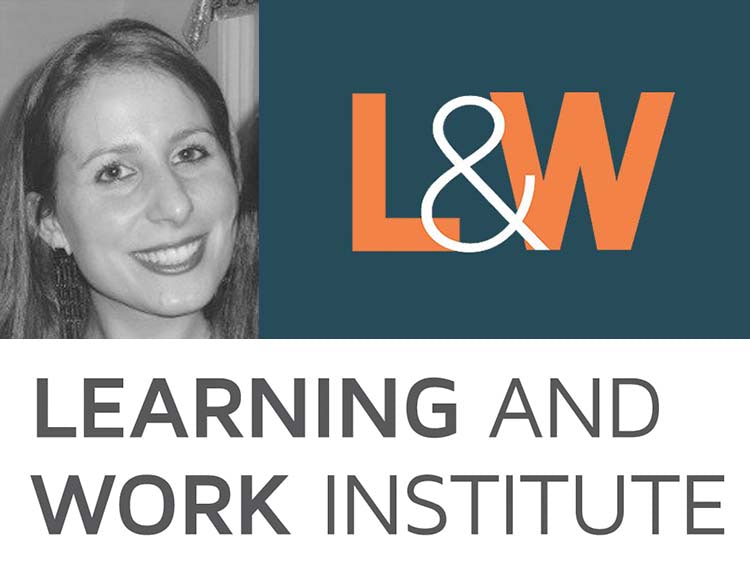What triggers adults to participate in learning?

There is a strong growing evidence base on the benefits of adult learning, including improved health, richer social networks and better job prospects. Yet adult participation in learning has a hit a 20-year low.
Data from Learning and Work Institute’s (L&W) latest survey of adult participation in learning, published yesterday by the Department for Education, reveals that in 2017 37% of adults were engaged in some form of learning or had been in the previous three years. This is the lowest rate since the survey series began in 1996 and highlights the importance of developing our understanding of how more adults can be supported to take-up learning.
L&W also undertook an in-depth qualitative study with 37 adults to better understand the barriers, motivations and facilitators for learning. These interviews showed that adults’ view learning as a route to a range of positive outcomes. However, they also highlighted the complexity of adult decision-making around learning. Adults are often busy, with multiple demands on their time and resources, therefore learning has to be viewed as sufficiently valuable for them to consider participating.
We use the idea of a ‘trigger’ for learning to make sense of the complexity of adult decision making. We found that learning is often triggered by a combination of larger-scale shifts – such as a bereavement or divorce – and smaller circumstantial shifts – such as a child starting school. Whilst the former can lead to a re-appraisal of the value of learning, the latter can make it feel easier to take-up learning. Triggers for learning are multi-faceted because barriers to learning are themselves complex and varied. ‘Trigger’ refers to the tipping of the balance where learning becomes apparent, sufficiently accessible and worth it.
This suggests several propositions for both policy makers and education providers who are working to increase adult participation in learning:
- Take steps to create a national culture where learning throughout the life-course is normalised so adults cannot help but trip over examples of learning and opportunities to learn. If learning is already on their radar, adults may more instinctively look to learning as a way of achieving new life goals when they find themselves at points of transition. Whilst policy-makers might contribute to creating this culture through funding a national advertising campaign, local providers are best placed to interact with adults in their local community through tailored outreach events.
- Circumstances are a key barrier to learning, so triggering learning is partly about making learning options varied, flexible, affordable, and inclusive of adults in all their diversity. It is also about putting in place and maintaining a wider set of provision for loans, bursaries and childcare. This requires both national funding and providers to have strategies that ensure a diverse range of learning options, alongside supporting infrastructure.
- At points of transition, adults may require the support of trained information, advice and guidance professionals to support them to make informed decisions about learning. Learning providers should be equipped to signpost learners to a range of wider provision such as mental health support and financial support, which can increase in significance during periods of considerable change.
The barriers adults face to taking-up learning are multiple and complex, and so the triggers for learning are necessarily multi-faceted. If we are to encourage more adults to take-up learning, a range of policies and practices need to be in place to tackle circumstantial barriers, to boost the apparent value of learning, and to normalise learning as a practice that can happen and be beneficial at any age.
Dr Jodie Pennacchia, Researcher at Learning and Work Institute











Responses